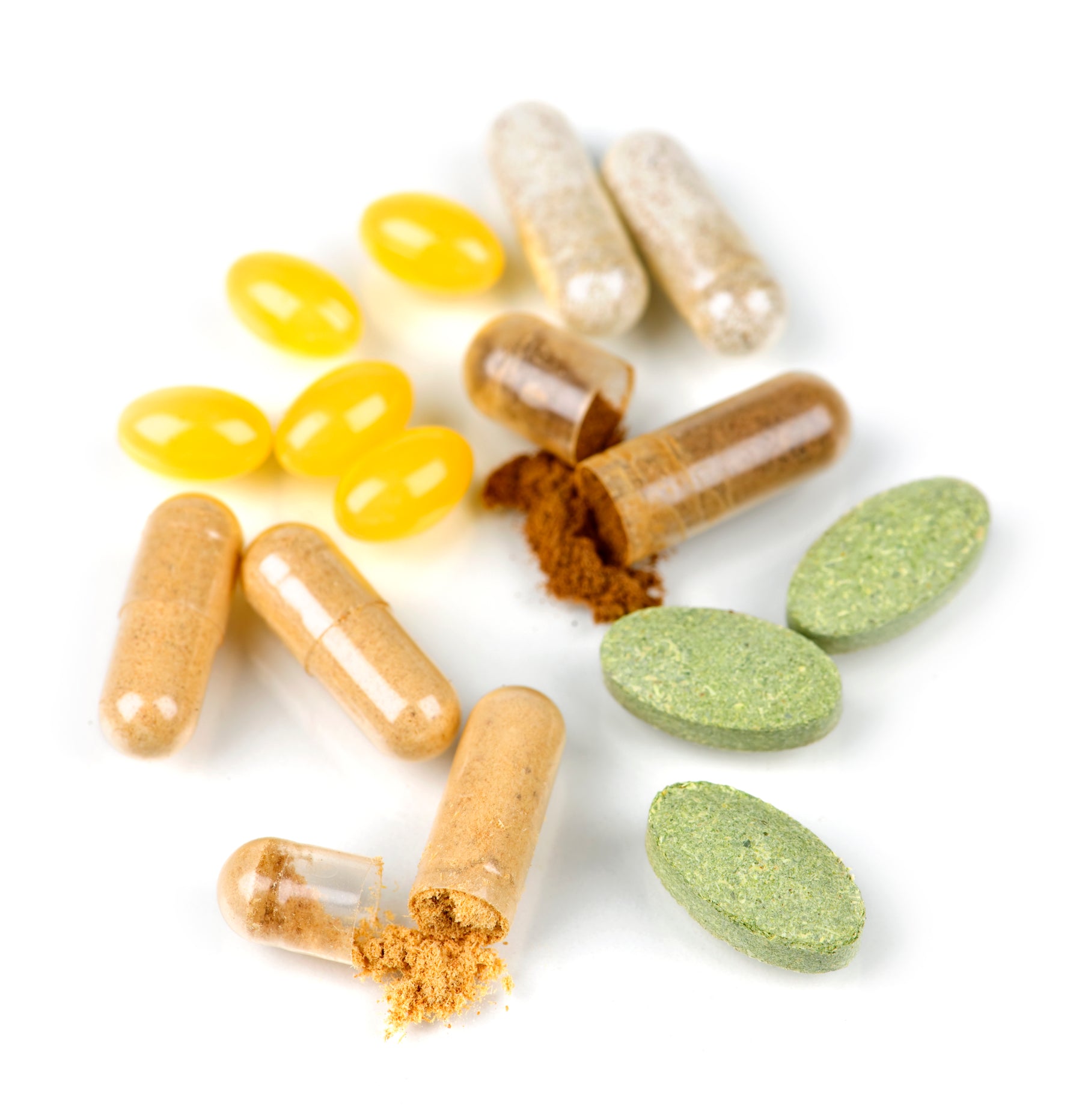NZ OWNED & OPERATED
Antibiotics

You feel that tickle in the back of your throat. You’re fever is spiking. You’re exhausted and ache all over. Streptococcal pharyngitis (more commonly known as strep throat) has infected your body. The pain is intolerable, so you head to the doctor to get a dose of antibiotics to send that infection away.
Antibiotics are a natural part of modern life, and most people will find themselves in a situation where antibiotics can do more than cure your aching throat, they can be lifesaving. But, with all of the benefits of antibiotics, they come with their own set of negatives. Antibiotics don’t know how to differentiate the bad bacteria from the good bacteria, and they end up clearing your body of everything, even though you desperately need bacteria to be healthy.
How Antibiotics Work
Antibiotics are medicines that kill bacteria. Each antibiotic drug works differently and acts on different types of bacteria. They are used to treat bacterial infections, such as strep throat, ear infections, urinary tract infections, and sinus infections.
Antibiotics don’t cure illnesses caused by viruses (such as common colds or influenza). Taking antibiotics when you don’t need them can cause all sorts of unpleasant side effects such as nausea, diarrhoea, and stomach pain.
When you take antibiotics, they effectively remove all of the bacteria inside your body, which is great for getting rid of the infection, but not good for the parts of your body that require bacteria to function properly. Because of this, side effects can include yeast infections for women and irritation of the large intestine, or colon.
Things to Do While Taking Antibiotics
Although most of your efforts will be done after you’ve finished your antibiotic program, there are a few things you can do during (and even before) taking antibiotics to help reduce the damage done to your natural microbiome.
Probiotics
If you’re able to prepare for antibiotics before taking them, consider taking probiotics. Probiotics are the good bacteria that our guts need. It might seem like taking antibiotics and probiotics at the same time is counter-productive, but keep in mind that probiotics don’t need to colonize in the gut to be beneficial. Even introducing various strains while on antibiotics can be helpful for maintaining gut health.
Soluble Fibre
When taking antibiotics, it’s important to help your gut out. You don’t want to consume foods and beverages that require your intestines to work too hard. Cut down on processed foods, sugar, and simple carbs - bad bacteria thrives on these foods. Instead, eat plenty of soluble fibre, which can be found in foods like beans, oats, and peeled fruits or add in a fibre supplement like psyllium.
Prebiotics
Prebiotics help protect and rebuild a healthy microbiome and should be taken before, during, and after using antibiotics. Unlike probiotics, prebiotics are not bacteria themselves, but are non-digestible food ingredients that make it easier for beneficial bacteria to thrive within your digestive system.
Things to Do After Taking Antibiotics
After taking antibiotics, you need to first repair your gut and liver, and then reintroduce a variety of good bacteria (probiotics and prebiotics) to your body.
The Gut
The digestive system and colon goes through a lot when taking antibiotics, so it’s important to promote healing after your antibiotic program has ended. More than 1000 trillion bacteria live in our digestive system, and although that seems like a lot, the microbiome is always in a delicate balance that’s needed to maintain health. Natural bowel supporting supplements such as CLT-X and Bowel Build can help cleanse, sooth and nourish the gastrointestinal system.
The Liver
Antibiotics can also take quite a toll on your liver. The liver is responsible for processing and detoxifying medications, as well as dealing with extra circulating lipopolysaccharides from the increased bacterial death and intestinal permeability that occurs over the use of antibiotics. This is especially detrimental if you’re on antibiotics for a long period of time.
A common remedy is milk thistle, which helps detoxify and repair the liver. On top of stabilizing liver cell membranes and supporting the hepatic system, milk thistle is a powerful antioxidant, which helps fight free radicals and oxidative stress.
Conclusion
Antibiotics can’t always be avoided, but there are recommended protocols that can be followed to keep microbiome damage to a minimum. When looking for natural ways to take care of your gut, look no further than Nature’s Sunshine. We have a number of gut- and liver-related products that are designed to fit your gut needs and help one of your body’s largest and most important organs function at optimum levels.

